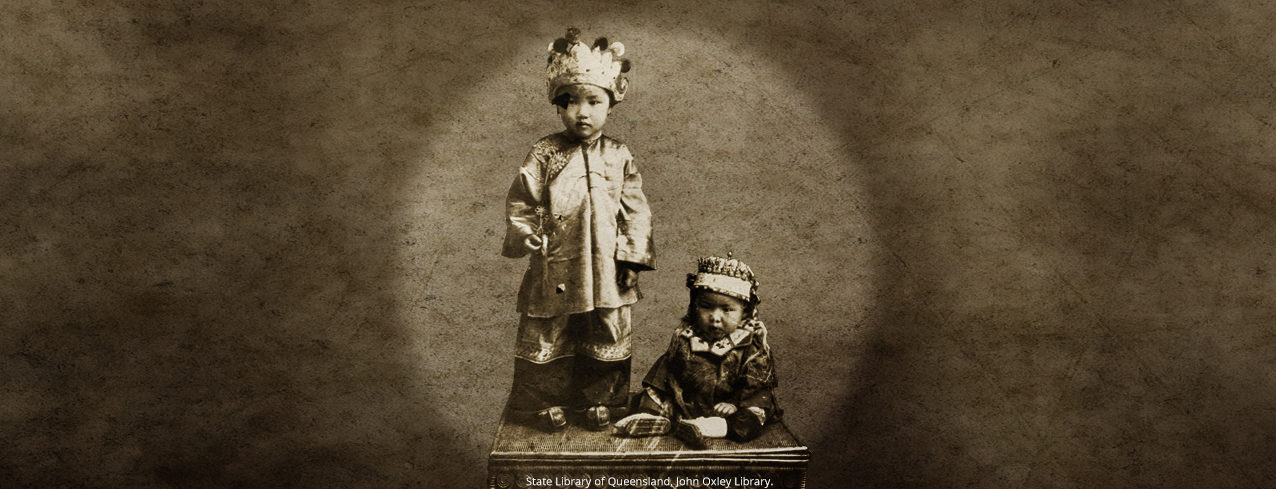by Patricia Curthoys…
Your experience of large, multi-stream conferences can only ever be partial and peculiar to you. What follows was my experience of the 2019 AHA Conference, which began with the Green Stream (Australian and New Zealand Environment History Network) Keynote, #CoalMustFall: Revisiting Newcastle’s Coal Monument in the Anthropocene, given by Nancy Cushing, of the University of Newcastle. Nancy raised the issues of both the active role of history and of historians in the world, particularly in the light of the current climate emergency. She eloquently argued that history is ‘the story (the stories) that the present needs’.
The second session of the Conference was one of two NAIDOC Week Celebrations within the programme. John Maynard, also of the University of Newcastle, gave a keynote address on ‘Yuraki – 65,000 years of place and memory’. In it, Maynard spoke about the deep time history of the Australian continent in the context of local Aboriginal stories of place and memory in the Newcastle area. Later that Tuesday afternoon came the second NAIDOC Week celebration, a plenary on ‘Voice, Treaty, Truth: Australia’s Unfinished Business’, featuring three younger indigenous Australians – unionists, lawyers, activists – who had the entire conference considering the Uluru Statement from the Heart and the possible next steps to fulfil its call to non-indigenous Australians.
PHA NSW & ACT members attended the conference, and at least four presented papers or participated in panels. Ian Willis spoke about his work on Shirley Dunk’s archive of the year she spent travelling to and throughout the United Kingdom and Europe in 1954, while Jo Kijas gave a paper in the Green Stream on a history of the Tuckean Swamp, on the far north coast of New South Wales. Paul Irish participated in the ‘Aboriginal Cities Panel’, speaking with other historians from across Australia. I heard Rose Cullen, another of our members, give a very interesting paper on how care (restoration, repair, renovation) of old houses in Australia reflects historical consciousness. She argued that the ways old houses and their furnishings were related to national history legitimised caring for them.
I spent Wednesday attending roundtables and panels. The roundtable on ‘Digital Histories of Crime: what they are, what they tell us, and what they promise’ examined not only digital accession and analysis of data arising from crime events but also the very interesting issue of the digital curation of records. I was also interested to hear Margaret Allen, Fiona Paisley and Jane Haggis on their project, ‘Faith-Based Cosmopolitan Networks and the Ends of Empire, 1920s and 1930s’, having first heard them talk about the project two years ago at the AHA in Newcastle. In the ‘Democracy and Dispossession: where to now’ panel Ann Curthoys and Marilyn Lake each spoke about their significant recent publications: Ann Curthoys on her co-authored book with Jessie Mitchell, Taking Liberty: Indigenous Rights and Settler Self-Government in Colonial Australia, 1830-1890, Cambridge University Press, 2018 and Marilyn Lake on Progressive New World: How Settler Colonialism and Transpacific Exchange Shaped American Reform, Harvard University Press, 2019.
And on Thursday morning I did what you often do at conferences – attend a session to support a friend who was giving a paper. Then it was time for me to leave Toowoomba and the conference, after a couple of stimulating days of historical conversation.

A really stimulating conference staged in Toowoomba’s magnificent Art Deco Empire Theatre complex.
Thanks Patricia! Sounds like some great sessions and good to hear that the PHA was well represented.
It was one of the best if not the best conference i’ve ever been to. The plenary sessions were outstanding. Thomas Mayor received a standing ovation and had people in tears. A really nice main venue and location and great papers all round. History was certainly alive and kicking. And to top it off a State of Origin win experienced in QLD!